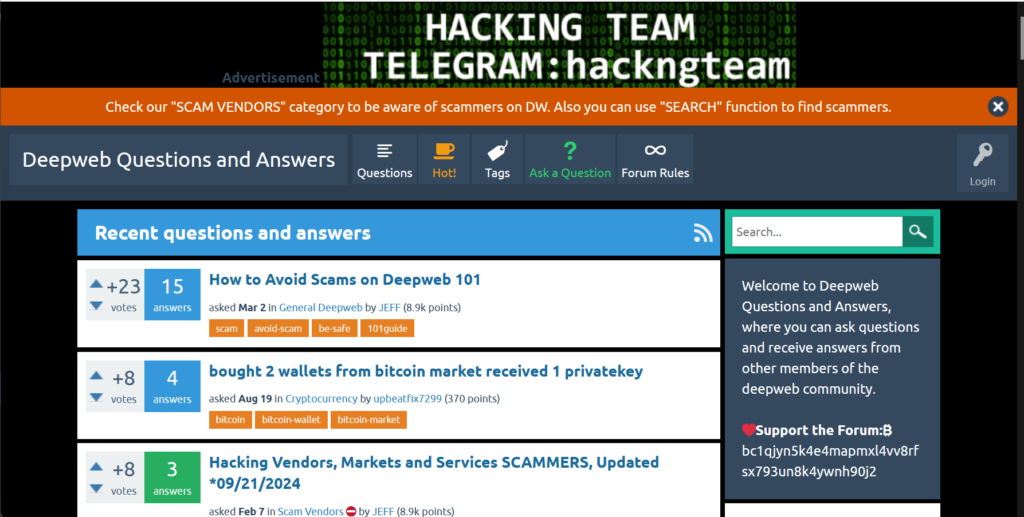Table of Contents
Toggledeepweb questions and answers – TOR Scam Report (1)
Onion Link: http://b7ehf7dabxevdsm5szkn2jecnliwzoxlsn4lijxqxikrlykbbsfrqfad.onion
Scam Report Date: 2024/10/12
Client Scam Report Breakdown
Original Report Summary:
The original scam report states: “This forum promotes its fake pages about btc sales, hackers and cards. They speak well about certain pages and when you buy from them, because you think their reputation is good. They scam you, they are fake pages.” In this case, the client is referencing a forum that fraudulently endorses pages related to bitcoin (BTC) sales, hacking services, and counterfeit card information. Users are misled into trusting these pages because the forum artificially builds a positive reputation for them. Once users engage in transactions, they are subsequently scammed, as the promoted pages are fraudulent. This type of scam operates by leveraging the trust users place in established forums, making it difficult for potential victims to distinguish between legitimate and deceptive vendors.
Scam Analysis and Terminology Definition
Key terms and concepts in this scam report require further clarification to understand how the fraudulent operation functions. “BTC sales” refers to transactions involving Bitcoin, a form of cryptocurrency used frequently in anonymous, often illicit, digital transactions. Fraudulent BTC sales occur when the buyer sends Bitcoin to a seller, expecting goods or services (in this case, hacking tools or credit card information), but receives nothing in return. The mention of “hackers and cards” likely refers to hacking services offered on dark web forums, including illegal activities such as data breaches or unauthorized access, and the sale of stolen credit card information. These illicit products are advertised on underground forums, but in many cases—such as described in this report—the vendors are scammers.
The forum itself plays a crucial role in this scam. Forums often serve as a hub for reviews and recommendations, allowing potential buyers to gauge the legitimacy of a seller. In this case, however, the forum is complicit in the scam by falsely promoting fake pages. A “fake page” refers to a fraudulent website or vendor profile that mimics a legitimate business or service provider. These pages are set up to appear trustworthy by displaying fake reviews or endorsements. The term “scam” in this context refers to any act designed to deceive and defraud individuals, typically financially. The victim here, trusting the fake reputation, proceeds with the transaction, only to be defrauded.
Conclusion and Warning for Future Transactions
The fraudulent nature of this forum-based scam highlights the dangers of relying solely on user reviews or forum endorsements, particularly in the context of high-risk markets like those involving BTC, hacking services, and illegal card sales. The scam report points to a systematic deception where the scam is facilitated through the forum’s false reputation management. Such scams thrive because potential buyers often use the credibility of the forum to evaluate a vendor’s trustworthiness. This report emphasizes the need for users to be vigilant when navigating dark web forums, as even seemingly reputable sources can be part of a larger scam ecosystem. Additionally, individuals should be aware that these transactions often take place outside the legal framework, offering them little to no recourse if defrauded.
In conclusion, the original scam report sheds light on a prevalent method of deception within illicit online marketplaces. By artificially inflating reputations, forums can easily trap unsuspecting victims. Understanding key terms such as BTC sales, hackers, and fake pages can help potential buyers recognize fraudulent operations before they fall prey to them. A clear takeaway is the importance of performing in-depth research beyond forum endorsements and being cautious when dealing with cryptocurrency transactions in unregulated spaces.







